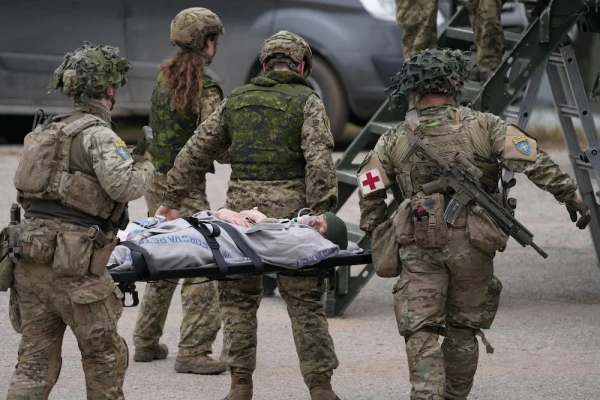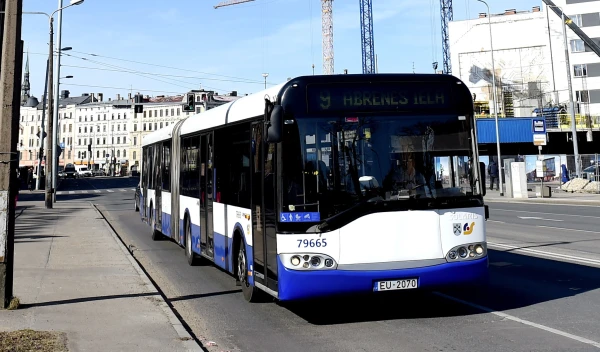
Although Latvia has been purposefully working to strengthen vocational education in recent years, its attractiveness and the employment rates of graduates still lag behind the EU averages, the latest report from the European Commission "Education and Training 2025" states, writes LETA.
In 2024, a new state standard for vocational continuing education and training was adopted, expanding adult education to levels 2–8 of the European Qualifications Framework (EQF). The new regulation allows technical schools and centers of competence in the arts to implement vocational continuing education programs also at level 5 of the EQF.
The government approved new accreditation rules for educational institutions, strengthening quality control at the system level. The role of industry expert councils has also been further strengthened to ensure that the content of vocational education meets labor market requirements. The report particularly highlights the introduction of a tool for tracking the career paths of vocational education and training (VET) graduates, which allows for a better understanding of the impact of education on employment. In 2024, the government began to change the funding model for VET and expanded accident insurance for all those obtaining vocational qualifications.
However, despite the reforms undertaken, the attractiveness of VET and the employment of its graduates in Latvia remain low. In 2023, 44.1% of students were enrolled in vocational educational programs at the secondary and post-secondary levels, while the EU average was 52.4%. Additionally, the employment rate of VET graduates is one of the lowest in Europe, raising concerns about the growing skills mismatch. According to forecasts, by 2040, the Latvian labor market may lack more than 100,000 vocational education graduates.
As noted in the report, closer cooperation with employers would help achieve greater alignment with labor market needs. Currently, only 34.9% of recent graduates participate in work-based training, while the EU average is 65.2%. Although this form of training is developing in Latvia, the dual model is mainly used only at the initial vocational education stage.
To promote changes, a pilot project for the implementation of dual and apprenticeship training in post-secondary and adult education was launched in 2025 with the support of the Swiss government. According to the report's authors, this could be a significant turning point in the development of vocational education in Latvia.
The European Commission's "Education and Training" review provides an in-depth analysis and data on the performance of education systems, as well as information on the progress of countries in achieving the common goals of the European Education Area.













